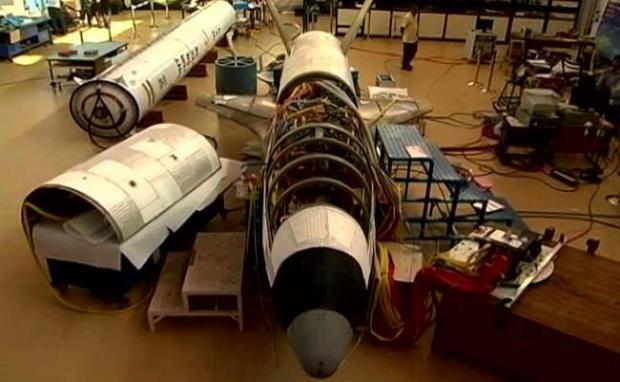
Breaking News
How Do Dumb People or Corrupt People Get Elected to Top Positions?
 Brand New Solar Battery With THIS Amazing Feature! EG4 314Ah Wall Mount Review
Brand New Solar Battery With THIS Amazing Feature! EG4 314Ah Wall Mount Review
 This New Forecast Just Got WAY Worse...
This New Forecast Just Got WAY Worse...
 S3E4: The Freedom Movement Funded Its Own Prison
S3E4: The Freedom Movement Funded Its Own Prison
Top Tech News
 The day of the tactical laser weapon arrives
The day of the tactical laser weapon arrives
 'ELITE': The Palantir App ICE Uses to Find Neighborhoods to Raid
'ELITE': The Palantir App ICE Uses to Find Neighborhoods to Raid
 Solar Just Took a Huge Leap Forward!- CallSun 215 Anti Shade Panel
Solar Just Took a Huge Leap Forward!- CallSun 215 Anti Shade Panel
 XAI Grok 4.20 and OpenAI GPT 5.2 Are Solving Significant Previously Unsolved Math Proofs
XAI Grok 4.20 and OpenAI GPT 5.2 Are Solving Significant Previously Unsolved Math Proofs
 Watch: World's fastest drone hits 408 mph to reclaim speed record
Watch: World's fastest drone hits 408 mph to reclaim speed record
 Ukrainian robot soldier holds off Russian forces by itself in six-week battle
Ukrainian robot soldier holds off Russian forces by itself in six-week battle
 NASA announces strongest evidence yet for ancient life on Mars
NASA announces strongest evidence yet for ancient life on Mars
 Caltech has successfully demonstrated wireless energy transfer...
Caltech has successfully demonstrated wireless energy transfer...
 The TZLA Plasma Files: The Secret Health Sovereignty Tech That Uncle Trump And The CIA Tried To Bury
The TZLA Plasma Files: The Secret Health Sovereignty Tech That Uncle Trump And The CIA Tried To Bury
ISRO Races Billionaires To Master Re-Usable Technology For Space Flights

India's first re-usable spacecraft will soon take a test flight and will be pitted against the likes of SpaceX's Falcon 9 and Blue Origin's New Shephard rocket, in a race to master re-usable technology for space shuttles.
Even before India's frugal winged space shuttle, the RLV, is launch-ready, it faces stiff competition from aerospace manufacturers floated by world's top billionaires and supported by NASA - Elon Musk's SpaceX and Jeff Bezos's Blue Origin. Both the companies have already partially tested re-usable space shuttles.
SpaceX has been able to land its Falcon-9 rocket onto a sea-based platform while Blue Origin landed its New Shepard rocket on land in Texas, USA.
Dr Jean-Yves Le Gall, President, French Space Agency in Paris told NDTV, "I think reusable technology is quite promising. We have to see what will go in the future but all important space players today must have capabilities of reusable technology. And this is exactly what India is going to do."
Today it costs about $ 20,000 to send a kilogram in space but with re-usable technology engineers want to make space affordable by bringing the cost down by ten times.

 Nano Nuclear Enters The Asian Market
Nano Nuclear Enters The Asian Market


